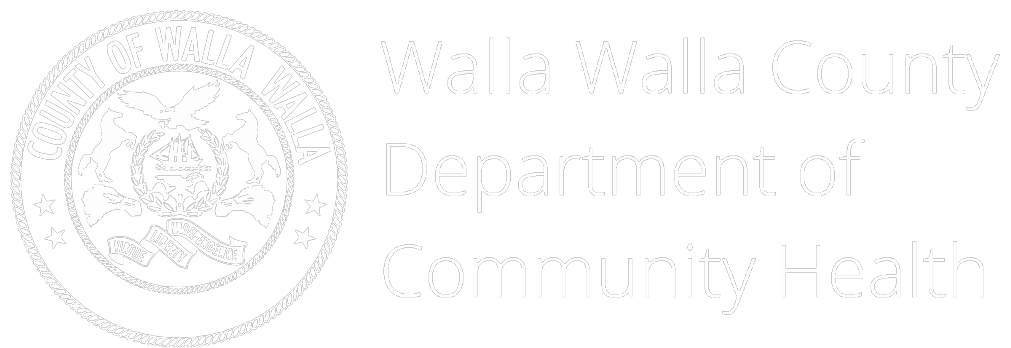
Caring for yourself and others
We are here to help.
Our team of nurses and contact tracers are here to help you and your family.
Someone from our team will check with you regularly to make sure that you and your family have what you need to stay home and focus on getting healthy. Please reach out to your health care provider or our team with questions. We can help connect you with local resources including additional care, food, prescriptions and other support. Need help? Please ask!
Most people with COVID-19 have milder illness and are able to recover at home without medical care. Follow these steps if you or someone in your household has symptoms of COVID-19.
Provide comfort
Choose one person in the household to be the main caretaker.
Make sure the sick person gets plenty of rest.
Use over-the-counter medication for fever, sore throat and general discomfort. Follow instructions from your healthcare provider.
Prevent dehydration
Encourage the sick person to drink liquids (water, broth, herbal tea, juice, etc.).
Offer small amounts of fluid frequently, even if they do not feel thirsty.
If the sick person is not eating solid food, give fluids that contain sugars and salts, such as Pedialyte® or Lytren® (undiluted), broth, or sports drinks (diluted half and half with water).
Make sure the sick person avoids drinking alcohol, caffeinated, or diet drinks. Do not use tobacco.
Seek medical advice, if needed
Connect by phone with your healthcare provider or a nurse consulting line, especially if the sick person is age 60 or older or is at risk for severe illness because of a medical condition (examples: diabetes, heart disease, lung disease, or a weakened immune system).
If you do not have a healthcare provider, call our local helpline to talk with someone on our nursing team or to get help finding medical care: 509.524.2647 (Daily | 8-5).
When to seek emergency medical care.
Look for emergency warning signs* for COVID-19. If someone is showing any of these signs, seek emergency medical care immediately:
Trouble breathing
Persistent pain or pressure in the chest
New confusion
Inability to wake or stay awake
Bluish lips or face
*This list does not include all possible symptoms. Please call your medical provider for any other symptoms that are severe or concerning to you.
Call 911 or call ahead to your local emergency facility: Notify the operator that you are seeking care for someone who has or may have COVID-19.
Prevent the of Spread of COVID-19 at Home.
Everyone in the household should
Cover coughs and sneezes.
Clean hands thoroughly and often. Wash with soap and water for at least 20 seconds.
Avoid sharing personal household items (dishes, towels, bedding, etc.).
Anyone ill should
Stay home, except to get medical care.
Call ahead before visiting your doctor.
Use a separate bedroom and bathroom if possible. If that's not an option, try to stay at least 6 feet apart from each other when you're sleeping and interacting
Wear a face covering over your nose and mouth if you must be around other people or animals, including pets (even at home). You don’t need to wear the mask if you are alone. If you can’t put on a mask (because of trouble breathing, for example), cover your coughs and sneezes in some other way.
Caregivers should
Wear a cloth face mask and gloves when providing care, if available. Cloth face masks should be worn by the sick person and caregiver when in close contact.
Clean surfaces throughout the home daily. Use soap and water or other household cleaners, then use a disinfectant. If you don't have a disinfectant, a paper towel dipped in 60% or greater isopropyl alcohol will kill the virus.
Wash laundry thoroughly. Keep the laundry away from your body. Wash your hands immediately after handling laundry.


